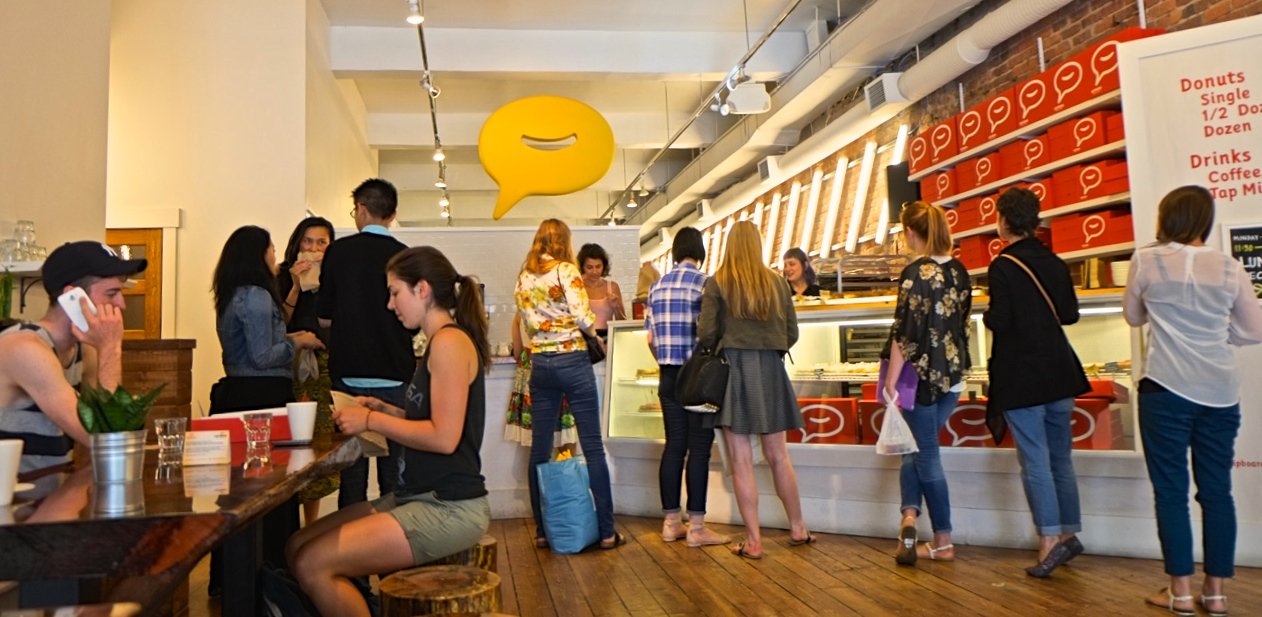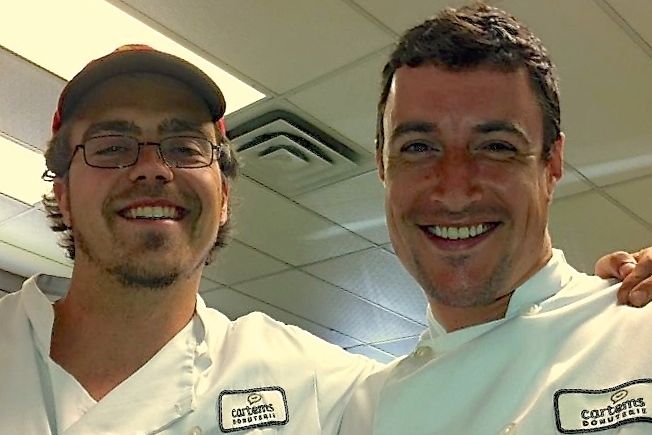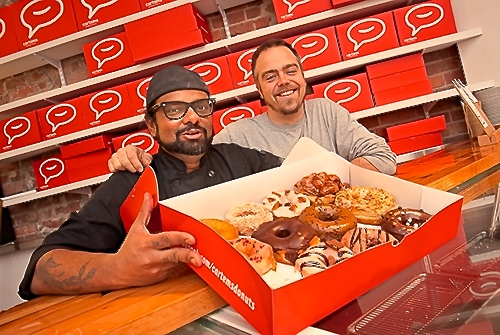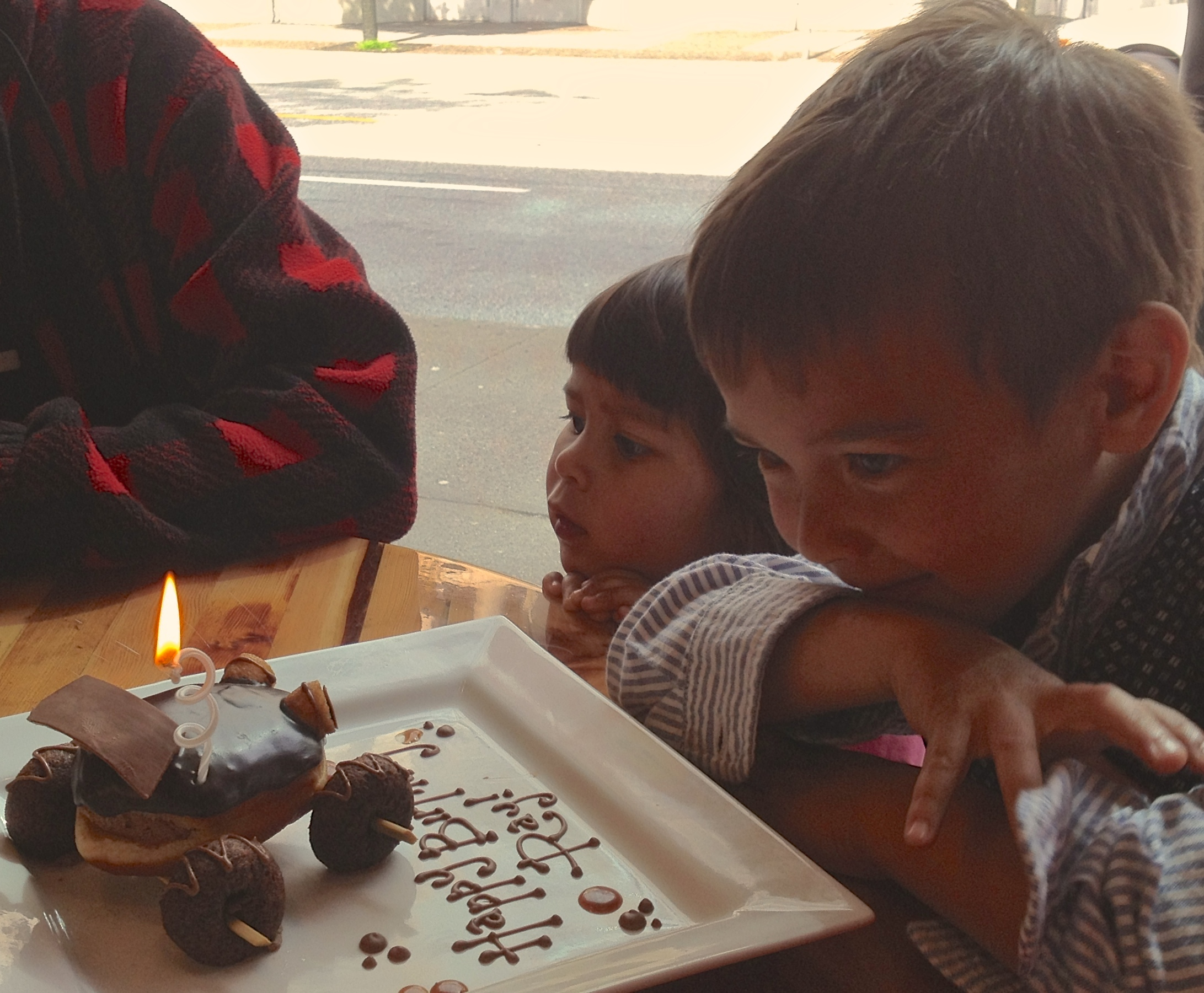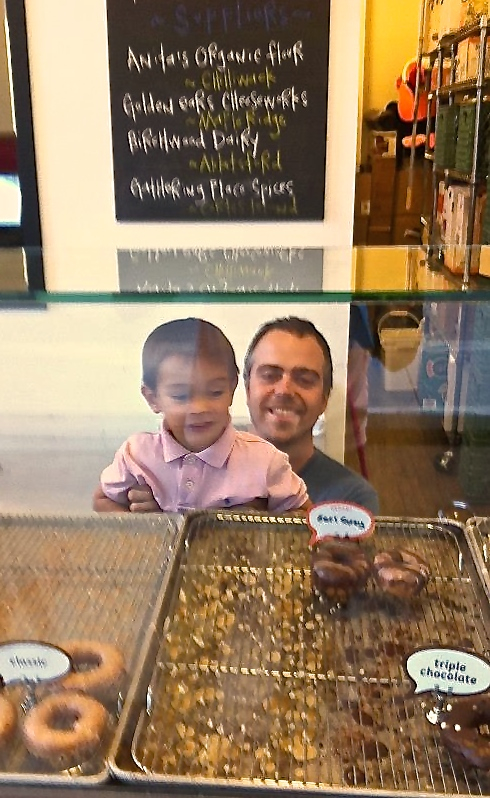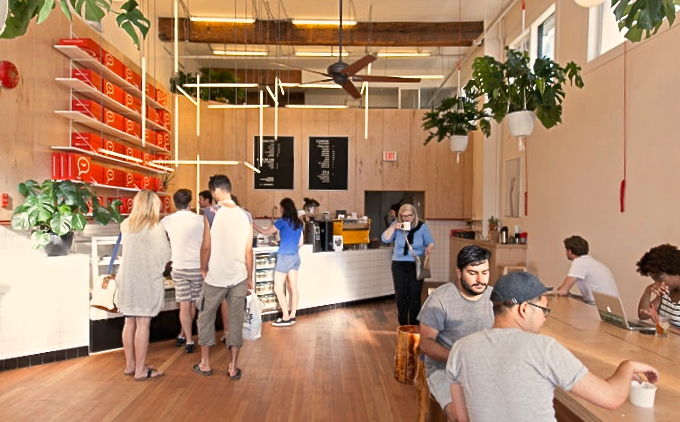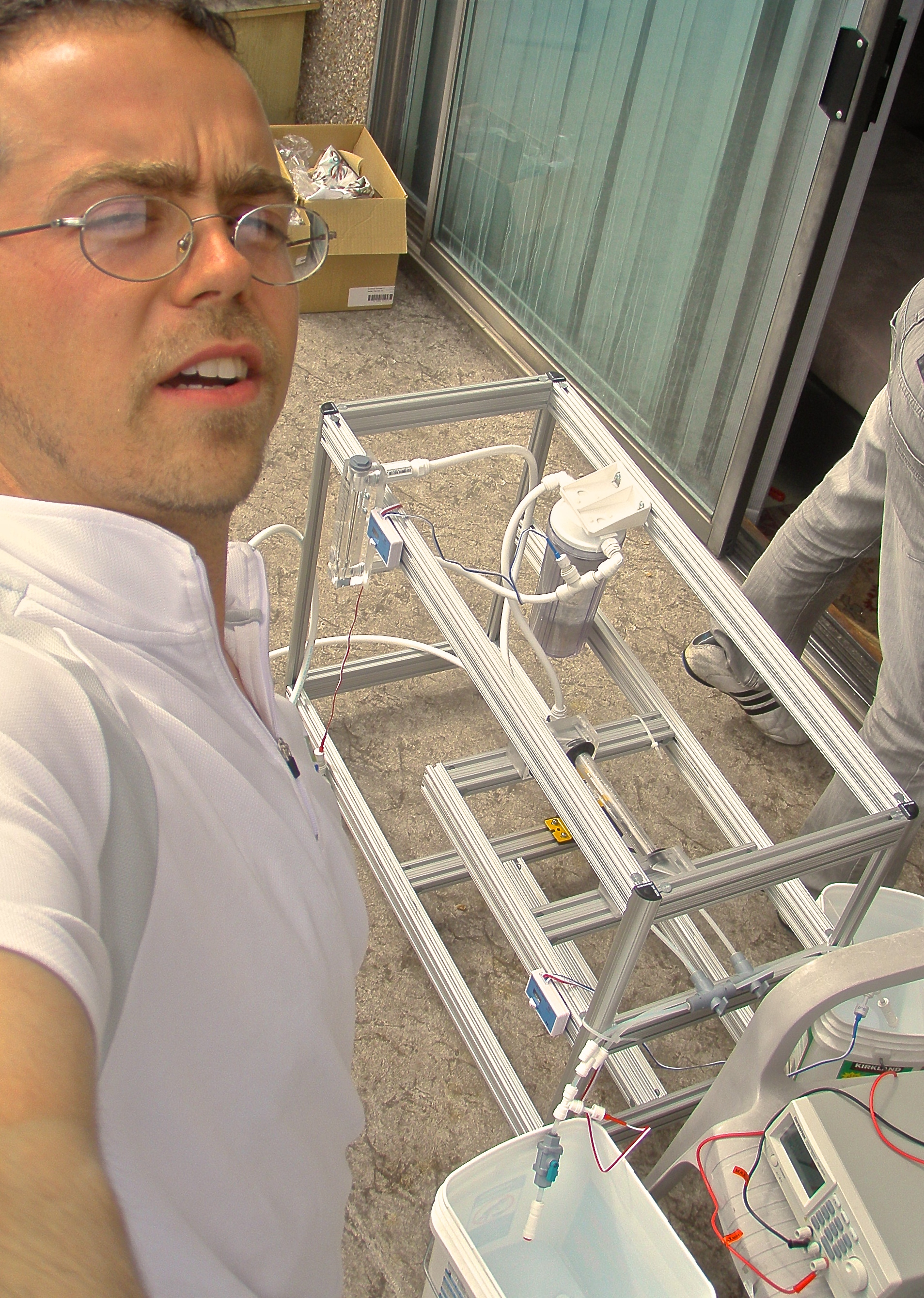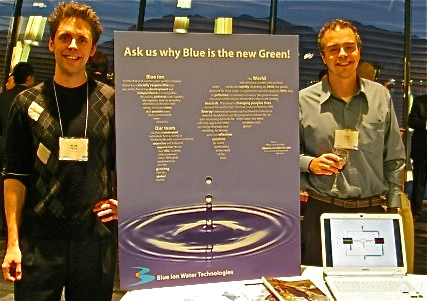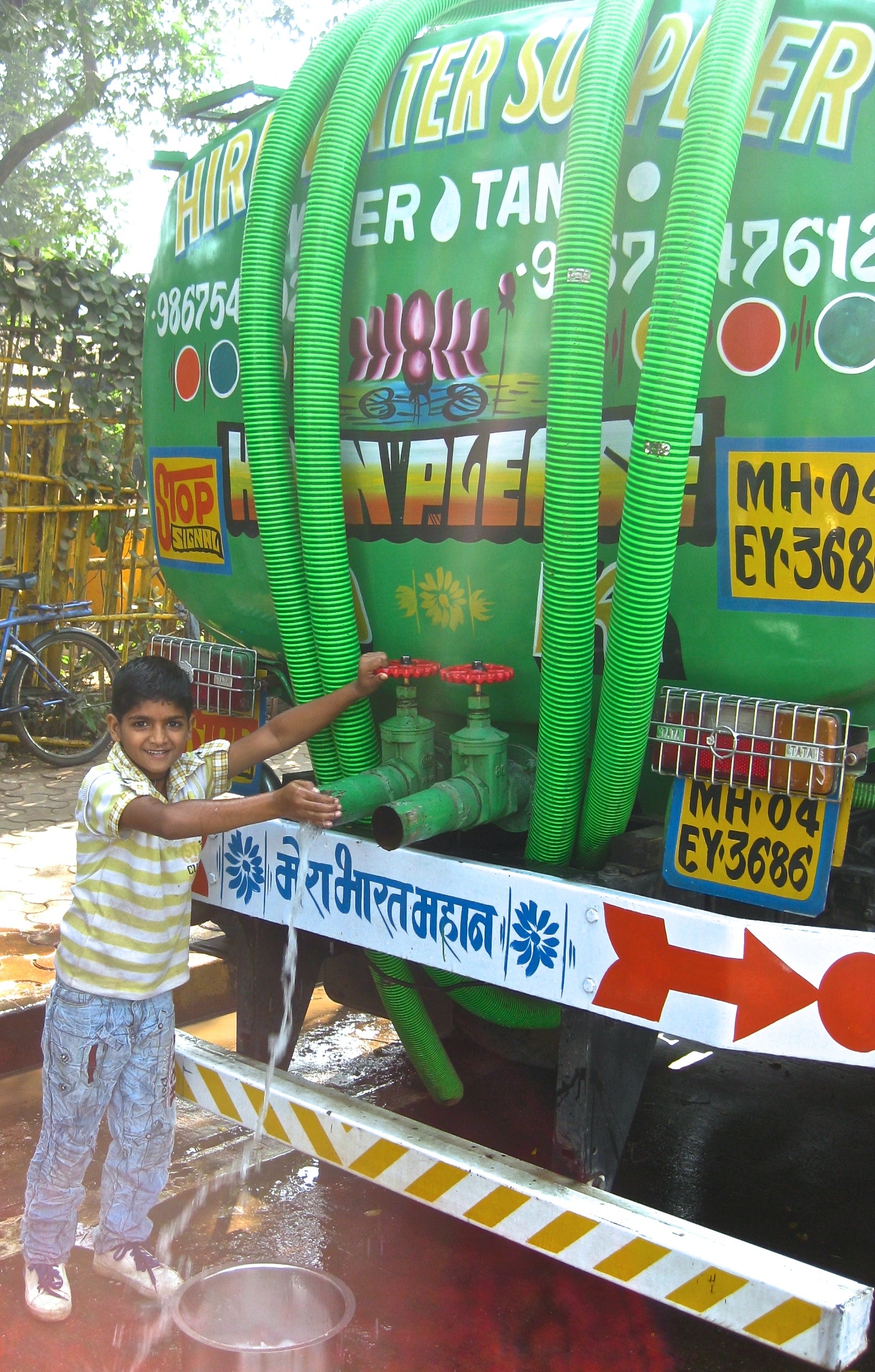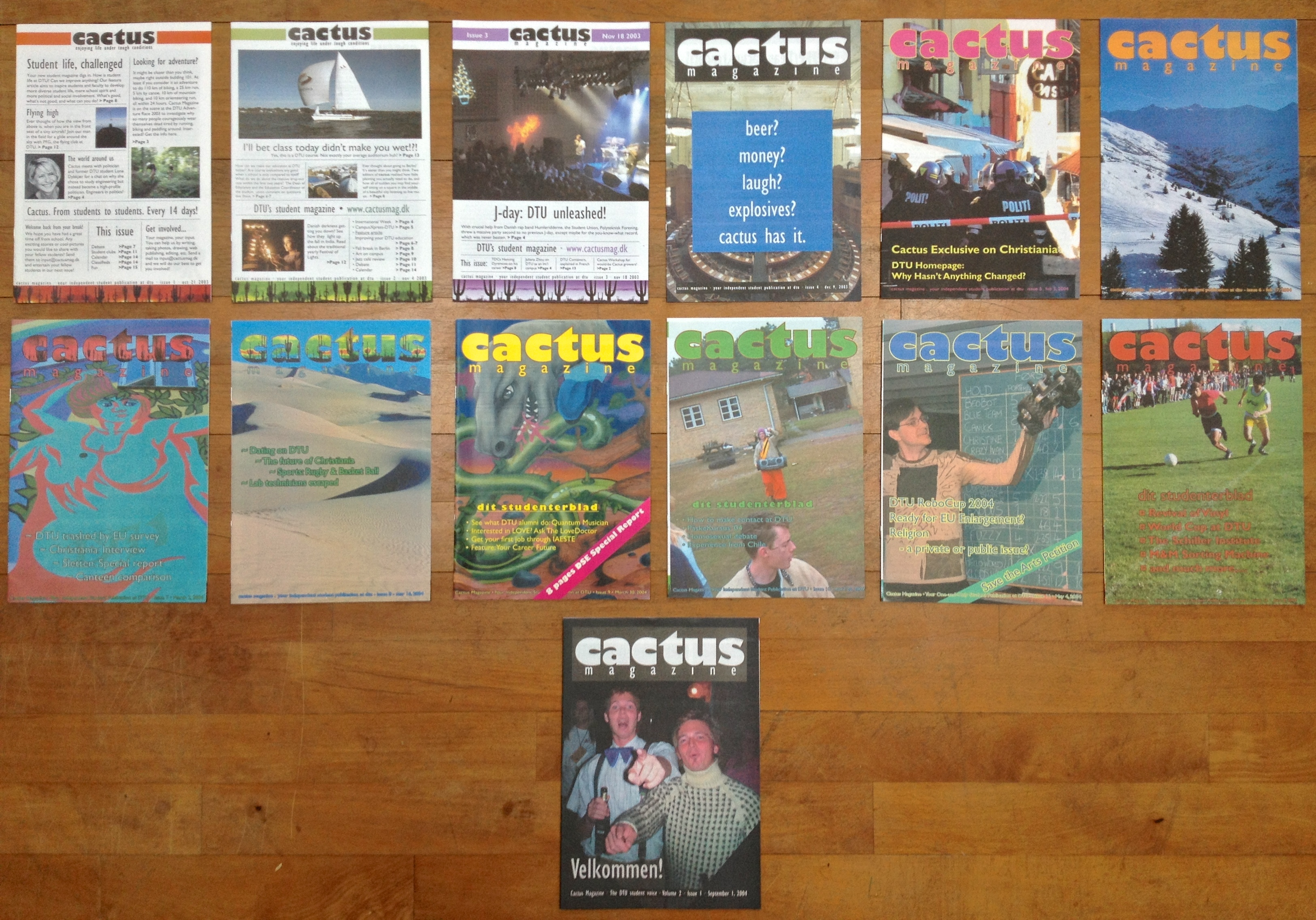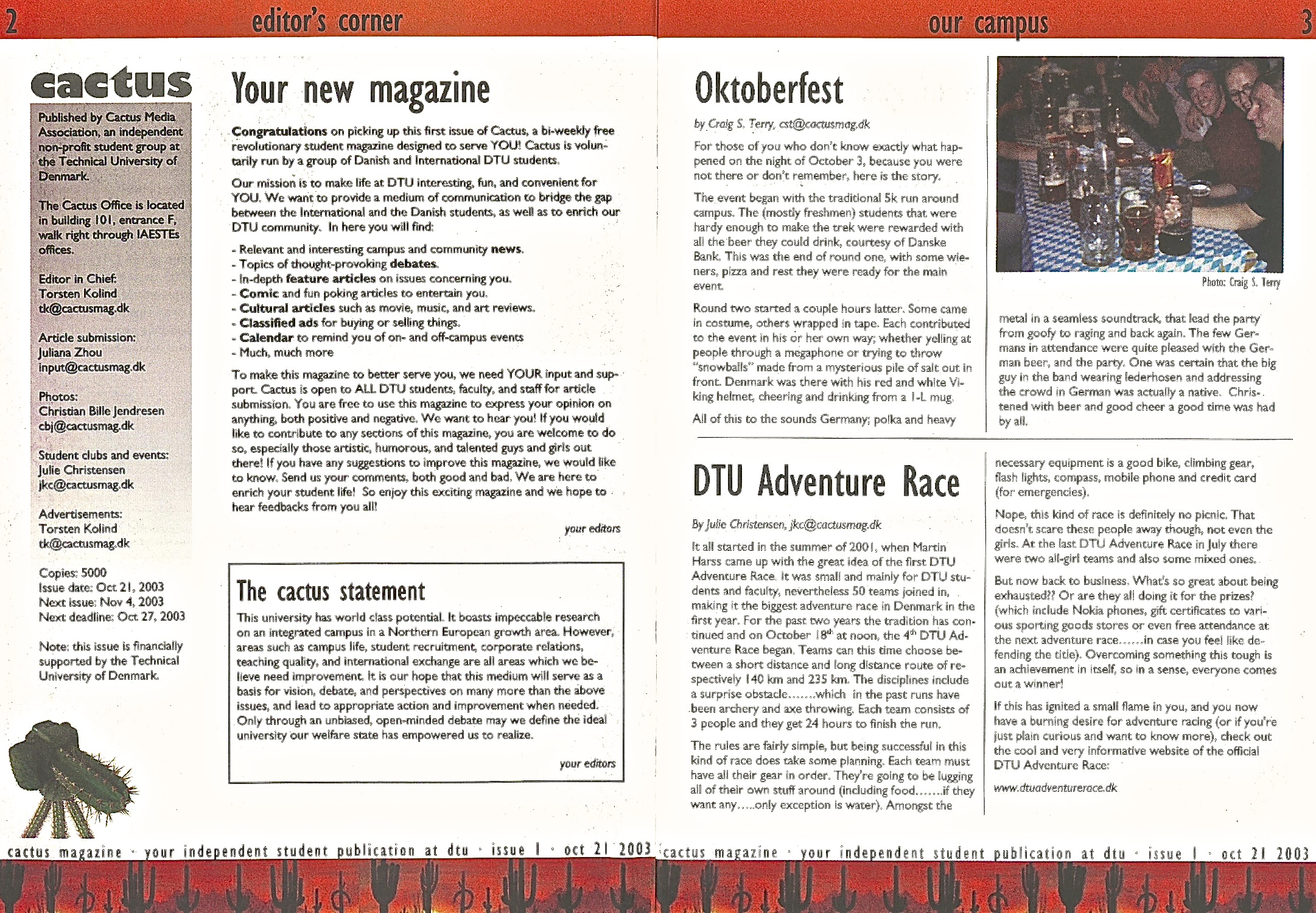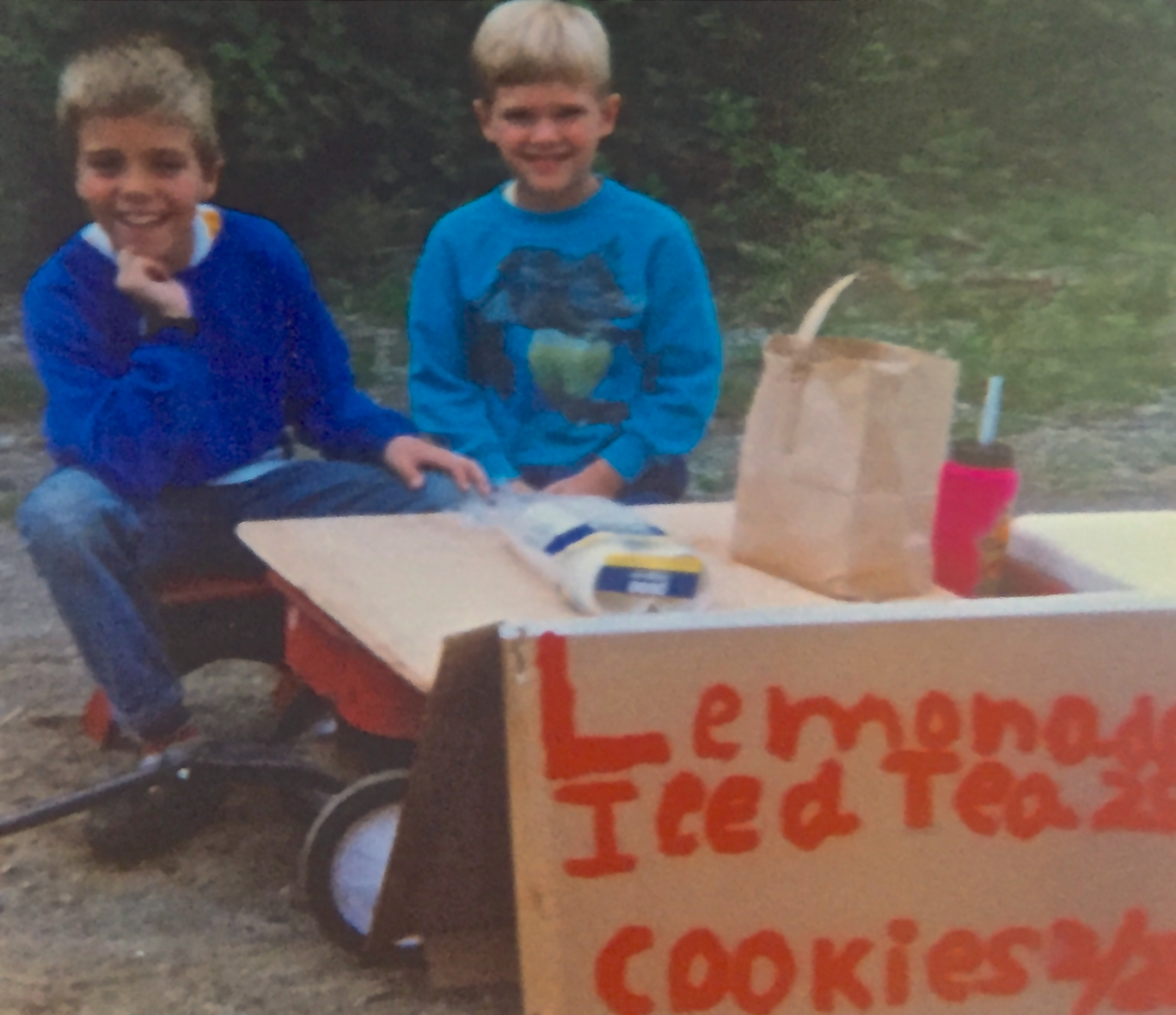Project Description
A Ship in Harbor is Safe, but That is Not What Ships are For
Those who are comfortable making their own path are viewed as eccentric in the safety obsessed communities I have spent much of my life in, places where shockingly few people can easily connect what they do daily to the customers that ultimately pay their wages. Many are content to spend their days in predicable routines with little connection to the wider world; decades of managing risk and trying to understand what it takes to create positive change drives me to play an active role.
Cartems Donuts Inc.
Grew from a popup-shop in Vancouver’s worst neighborhood, using space in a shared kitchen with a few employees it could hardly pay in February 2012; today it runs 3 retail shops with a purpose-built central bakery and over 50 employees. Getting there was demanding in more ways than we ever imagined, learning a ridiculous amount about building and running a businesses as well as our own limits and abilities.
What gave it daily purpose was the invigorating joy of customers, happy with the products and experiences our work made possible.
My time with Cartems continues to teach me the importance of:
- Maintaining a calm course through the inevitable delays that occur between starting to implement a plan and seeing a vision realized.
- Accepting that many delays are beyond one’s ability to plan around or control for, and so must be managed as they occur.
- Not over-estimating my capacity to overcome external challenges while confusion around roles and responsibilities within the team continued unresolved.
- That communication becomes impossible when mismatched expectations, risk-tolerance and decision making processes are not addressed.
- Building a business around a goal and lifestyle that I value inherently, not just as means to a financial end.
Blue Ion Water Technology Inc. 2010-2011
Started as an altruistic project to inexpensively bring clean water to new buildings in India and remote communities around the world. Born in a Technology Entrepreneurship course with a speed dating session between MBA and Engineering students, it was always going to be tricky to pull off. We found that success required at least one engineering breakthrough, in a city with little infrastructure for building physical technology. To complicate matters private and public finances were still reeling from the death of a clean-tech sector which had just consumed all available capital. It is a wonder that we actually carried the company as far as we did.
I was hesitant to bring in the little angel investment available until we could prove the technology was feasible. Unfortunately, the chemical engineer who brought in the conceptual design was starting two PhD projects, and one of my fellow MBAs with a mechanical engineering background took the consulting position at McKinsey instead. This left me with one active partner, who was passionate about providing better water solutions for his native India, from an IT background he was unable add much to the R&D phase I was conducting on a shoestring budget. We both worked hard to find grant funding for the research phase, but came up empty handed. Once my savings dried up and other opportunities beckoned we wrapped it up after two long years of work.
Blue Ion was the child of ridiculous optimism and egotism on the part its two technical leads. It taught me the importance of:
- Building a business around solutions that local investors and customers value
- Aligning personal goals and timelines of a team before starting a project
- Honoring my instinct to under-promise and over-deliver, as opposed to the dominant start-up culture which was often driven by an intoxicating combination of hype and hope.
Cactus Student Magazine at the Technical University of Denmark (2003-5)
Was the first crucial experience in a start-up for all 6 of the founding team, most of whom have since started other successful companies.
I did not join with a formal role, just helping out where needed: at first submitting articles and photographs, then editing other’s work and managing contributors as the only native English speaker on the team. You can see the progression above as we learned what people were interested in, how they interacted with the cover and various other parts of the offering taught us many lessons the hard way.
Ultimately the magazine failed because it never achieved its purpose of bridging the divide between locals and exchange students. If it had been adopted by the Danish population, then they could have provided more continuity. Unfortunately, it was seen as something to entertain the exchange students who turned over every 6-12 months: because it was printed in English they provided most of the articles. We recognized this too late, and had trouble recruiting Danish students to write articles, and work on keeping the magazine going after the initial cohort, leading it to go under after two years.
The Danes who made up half of the founding team had all studied abroad and so understood the potential of connecting the two student bodies, but few others of a similar caliber and dedication to the vision came forward to fill their shoes. In retrospect we should have spent more time in the first year training and bringing in new editors and talent, but at the time we were focused on figuring out how to get out the issues before the print deadline every two weeks, and bring in enough money to pay for the printing, all while still passing our courses.
Taught me the importance of:
- Communication to the welfare of communities and businesses, which was counter to the engineering culture I was steeped in that often assumes communication is significantly simpler than it actually is.
- Working with people I enjoy spending time with, so that my working life is as enjoyable and engaging as my personal life.
- Building continuity of vision and process into an organization so that it can withstand the loss of founding leadership, and continue serving its purpose.
Learning Customer Service and Management from an Early Age
It’s a cliché but I really did do this, and it really did teach me many fundamentals. Particularly as I followed it up with a service business specializing in landscaping, painting and light construction which provided all the cash I needed in my teens, and a solid base of experience working with customer needs and constraints.
It taught me the importance of:
- Clearly understanding what the customer needs and is willing to pay for.
- The value of paying good employees what they are worth.
- The good and bad side of hiring friends.
